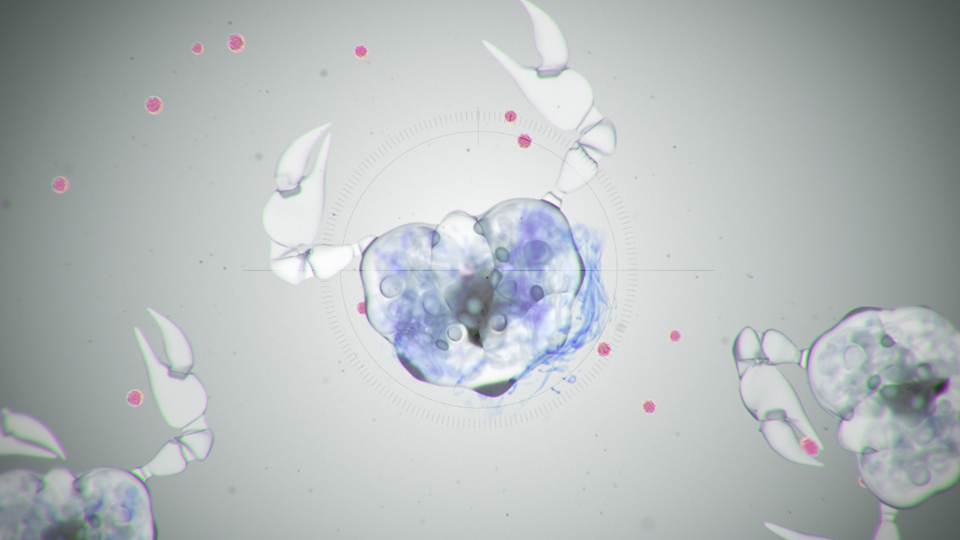
Working in Synthetic Biology means doing what Nature would never have done. Or rather copying what Nature has given us, but investing it with different functions.
Certain products resulting from this techno-science are already on the market.
In Silicon Valley and San Francisco Bay, Jay Keasling, professor of Chemical Engineering and Bioengineering at the University of California, Berkeley, and CEO of the Joint BioEnergy Institute in Emeryville, produces a molecule to combat malaria. Until now, the artemisinin molecule used in treatments agianst the disease was extracted from a small, rare plant. Jay found a different way of producing it, by modifying the genome of a yeast. In a process similar to beer brewing, he now manufactures the precious medicine, supported by the BIll and Melinda Gates Foundation. It’s produced on an industrial scale, enough to treat 120 million people, and much quicker than traditional techniques.
Joel Cherry, head of research at Amyris, in Emeryville, has a factory in the middle of a sugar cane plantation in the Sao Paulo province in Brazil. He compares himself to a plumber who modifies and re-routes the pipes and plumbing within cell systems. He designs microbes which produce diesel from a molecule that is present in the skin of green apples.
Evolva, in Europe, has developed cells capable of producing the molecule of saffron, a highly-prized product for thousands of years…
But Synthetic Biology is not just about million dollar budgets and investments. It’s also an alternative way of carrying out research. Thomas Landrain, a doctoral student in Synthetic Biology and founder of La Paillasse, in Paris, is one of the bio-hackers or bio-geeks who advocate the open-source model and ‘garage biology’. La Paillasse has become one of the the biggest hackerspaces in the world; an open, civically-minded, community laboratory; a free space for innovation. Thomas Landrain has designed a non-polluting biological ink that could replace the ink in our pens, composed of a bio-reactor and bacteria that produce pigments.
In the same vein, young university students from around the world take part each year in a competition called IGEM, organised by MIT. They let their imaginations go wild to imagine cells with innovative properties, from the most serious to the most outrageous. In the midst of this creative frenzy, Ed You is on the lookout. He supervises the FBI’s biological counter-measures unit within the Weapons of Mass Destruction Directorate.
But fears about abuse and misuse are not limited to biosecurity issues.
Jim Thomas, Program Director at the ETCetera Group NGO, measures the impact of new technology on society, the environment and the economy. He denounces the scientists’ self-satisfaction, excessiveness and naivety… Will Synthetic Biology signal the end of traditional and small-scale manufacturing? Can we produce ‘life’ on a large scale without disturbing global ecology? Can we reduce life to a machine?
Partner(s) : Fact+Film
Broadcaster(s) : France 5
Director(s) : Charles-Antoine de Rouvre et Jérôme Scemla
Author(s) : Charles-Antoine de Rouvre et Jérôme Scemla
Year : 2016
Duration : 52 minutesFestival(s) :
SELECTED:
- CAID Societas Scientia et ars (Athènes - Grèce)
- Pariscience (Paris - France)
- LSFF - Life Sciences Film Festival (Prague - République Tchèque)
- A nous de voir, Festival Sciences et cinéma (Oullins - France)
- International Festival of Science Documentary Films Academia Film (Olomouc - République Tchèque)